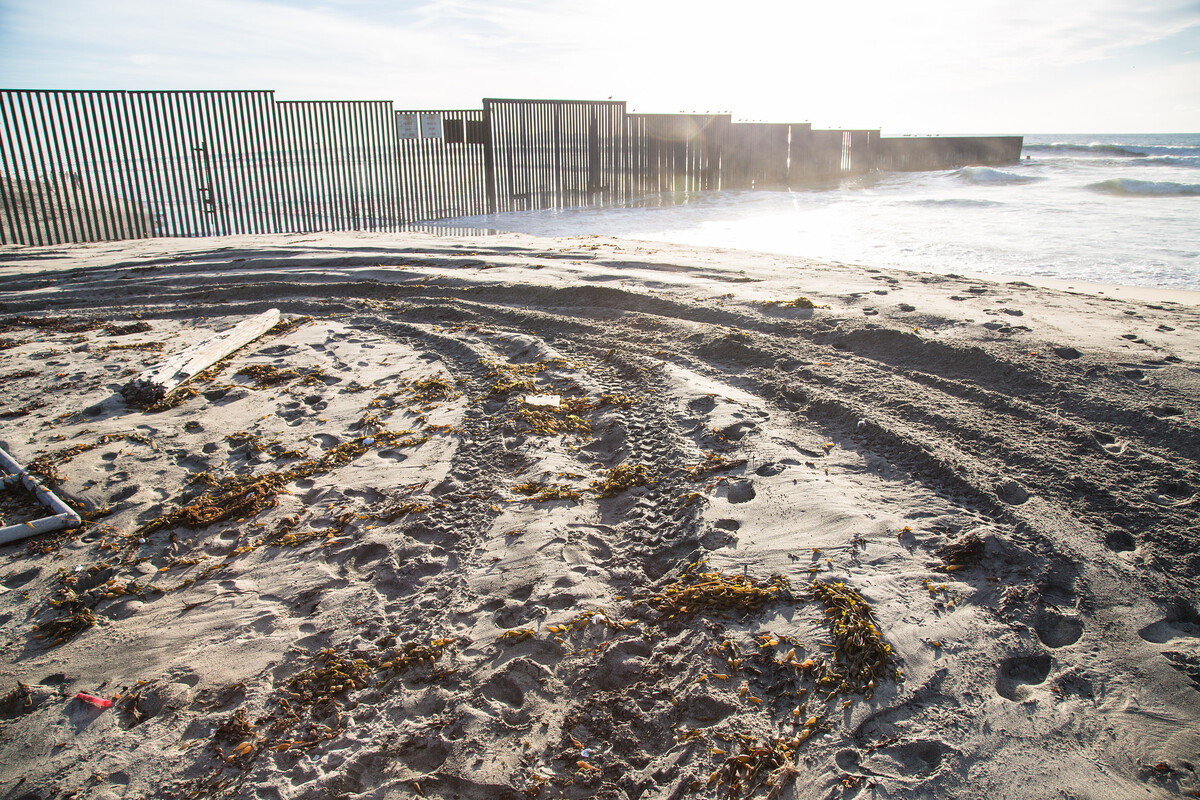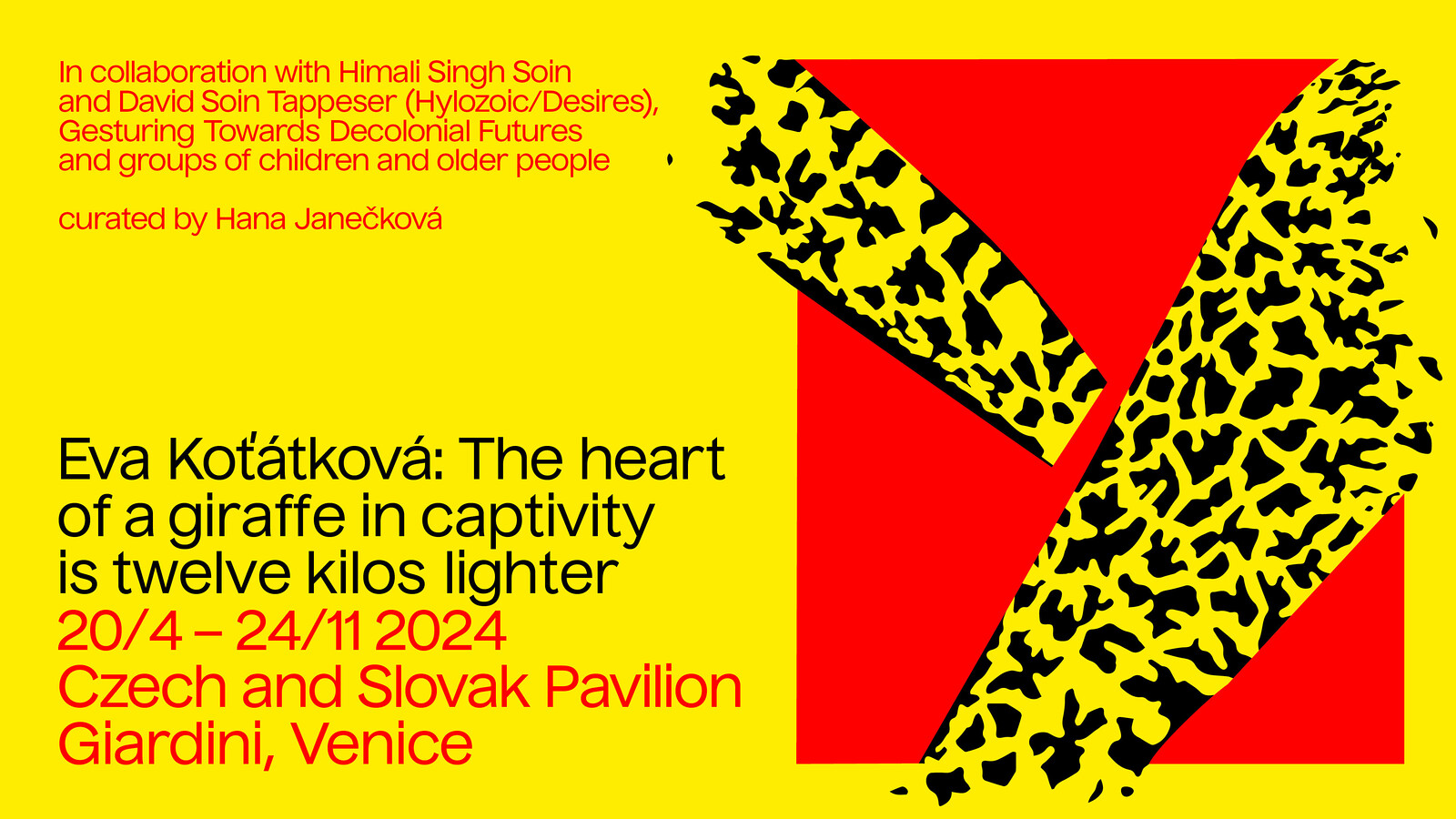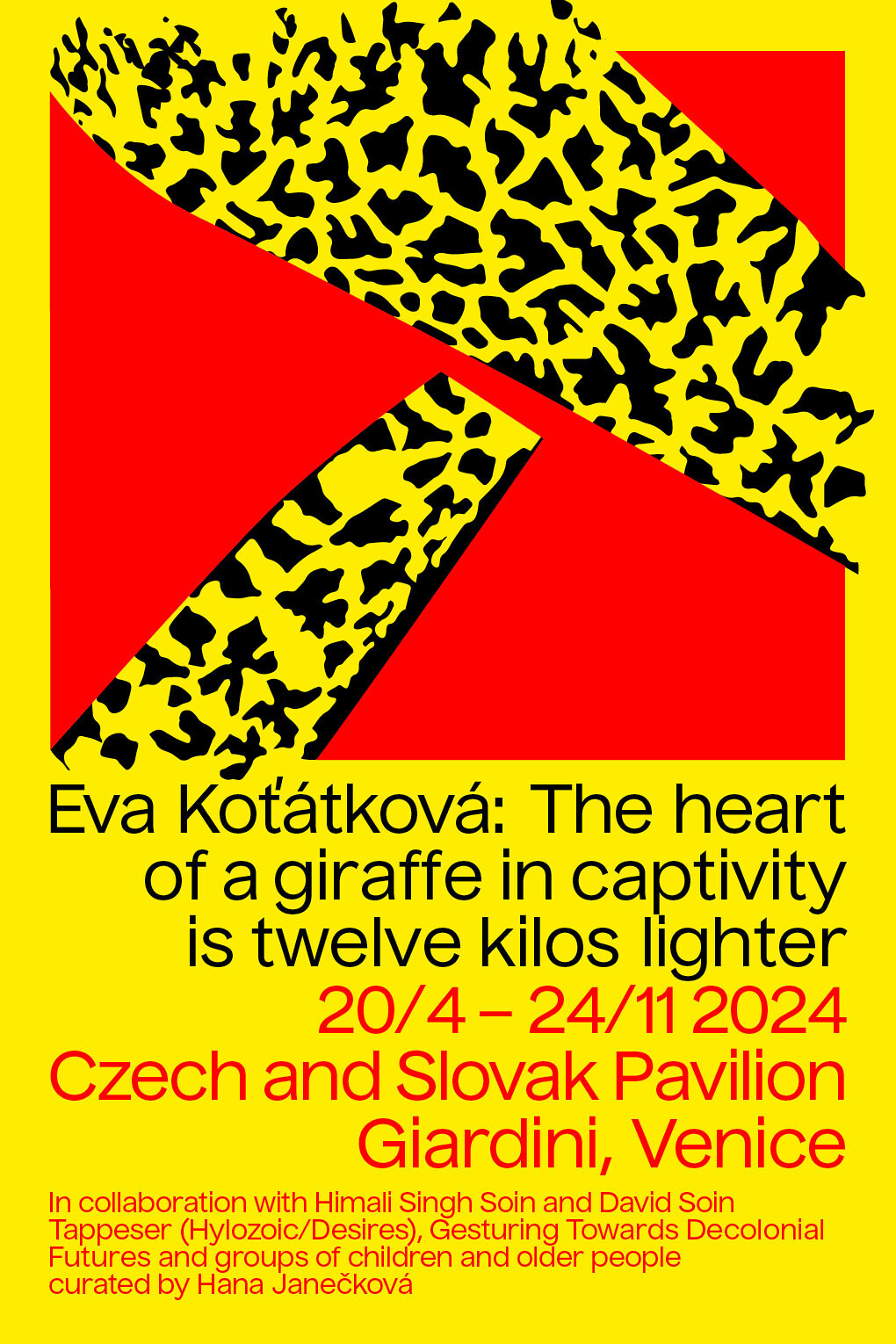Faculty of Fine, Applied & Performing Arts
Storgatan 43
SE-41138 Gothenburg
Sweden
Hours: Monday–Friday 8am–4pm
parse@konst.gu.se
How does exclusion operate at a local, national and international level in the arts, in education and in cultural production? Within the arts, how can we improve access to learning and the formation of experience?
Within and beyond the field of cultural production, individuals and groups of people are excluded from territorial, subjective, environmental and imaginative spaces, be they national, institutional, or virtual. To what extent do strategies and infrastructures of inclusion risk replicating and reinforcing individualised imaginaries within broadly hierarchical social structures?
How do images of exclusion circulate? What are the politics of access? What forms of research and which actions can be taken within the artistic and pedagogical environment that may open and provide spaces of contact and forms of rights?
The conference will have six thematic strands, each of which will run across a whole day and within which discussion amongst delegates will be of equal importance to panel and lecture presentations:
Geographies of Exclusion will address how social, cultural, political and economic barriers produce and sustain public spaces, public spheres, public memory, borders and migrants and their experiences of movement through the logic of circulation managed, controlled, and regulated by state authorities, public institutions, NGOs and private firms. It will also address how such dominating modes of productions can be transgressed through civil counter-actions and independent self-organised practices.
Educational Exclusion: arts and design education and cultural institutions aim for diversity, yet remain homogenous in their staffing, often in their student body, in their understanding and promotion of aesthetics, and in their view of knowledge. Educational exclusion will address mono-cultural aspects of arts education as well as propose how education in the arts can be fundamentally reshaped to become more accountable to manifold embodied knowledge practices.
Colonisation and Decolonisation will address colonial and master paradigms in the arts as well as institutional, communal and collective perspectives and look to strategies for a new arts and humanities that embraces epistemic and disciplinary disobedience, non-capitalist, pluri-national institutions and modes of aesthetic production.
Vocabularies of Exclusion focuses on forms of exclusion produced through language as well as embodied and discursive practices. Reflecting on the terms and conditions of artistic and political work in cross-disciplinary contexts, it explores and interrogates languages of inclusion, separation, and participation as they are produced and enacted in the present moment in the field of cultural production and its context in wider socio-political arenas.
Participation as Exclusion: The “participatory turn” in cultural production, urban development, and so forth is now a dominant theme in Western art and design discourses and practices as well municipal governance, where it has moved from a marginalised area of community practice into the mainstream. But who are the subjects of participation? How and from where are they selected? Why are certain people seen to be in greater need of receiving participatory “support”? How, if at all, is power and decision-making redistributed?
Indigeneity: indigeneity is for many a politically enabling construct in resisting ongoing colonialisms, expropriations, and associated epistemic violence. It is also marked by multiple exclusions: conceptually, as irredeemably rooted in essentialism, primordialism and primitivism; strategically, as counter-productively factionalising and exoticising; juridically and pragmatically, as untenable within the various regimes of globalisation. This strand considers the epistemic challenges and potentials within indigeneity and the continuing struggles of indigenous peoples to resist erasure.
The event will take place at University of Gothenburg, in meeting rooms across Valand Academy and the Academy of Design and Crafts in central Gothenburg.
More information and register at PARSE website. Please contact us if you have any questions: parse2017 [at] meetagain.se.
Out now: PARSE issue 5—”Management“ with Mark Fisher, Andrea Francke, Ross Jardine, Christopher Newfield, Karin Hansson, Carla Cruz, Khaldun Bshara, Erling Björgvinsson, Dari Bae, Apolonija Šušteršic, Barbara Czarniawska. Issue editors: Henric Benesch, Erling Björgvinsson, Andrea Phillips.




